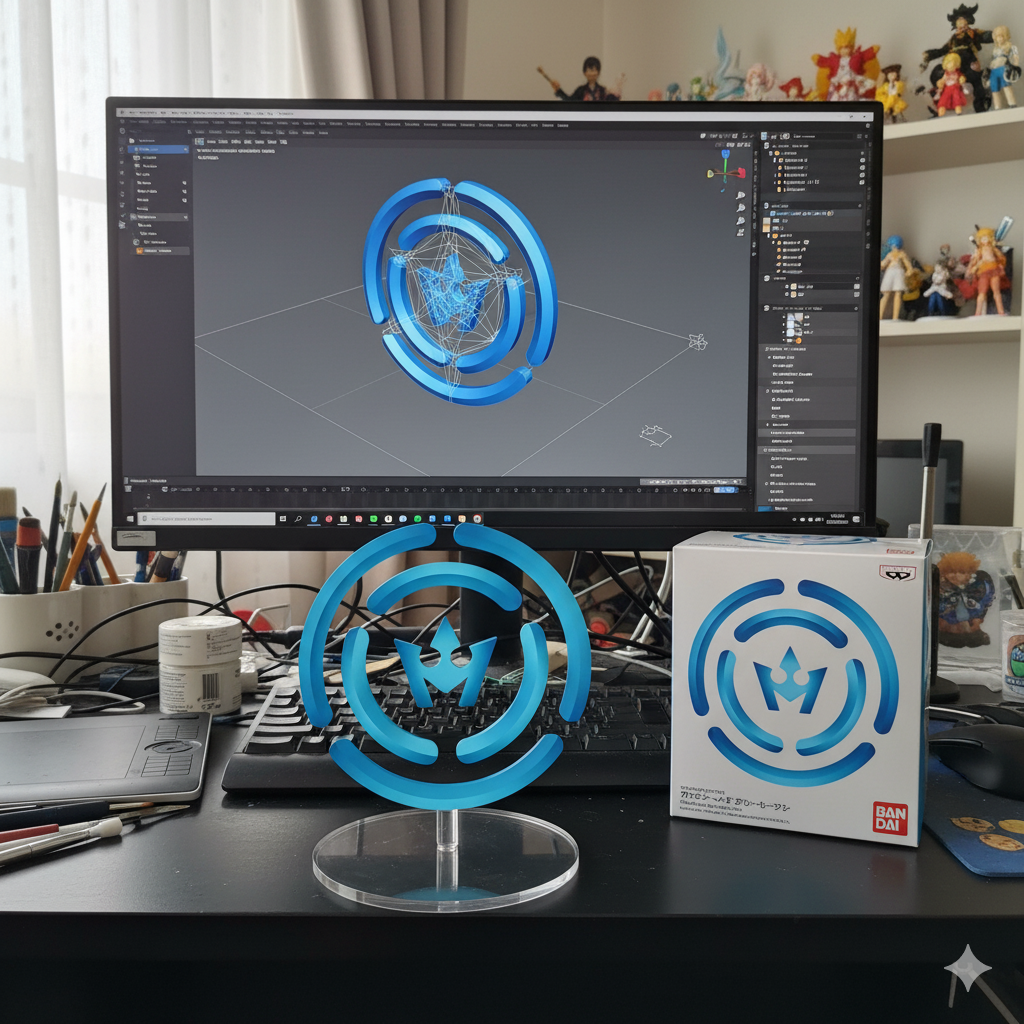Micro-apps are transforming the manner in which companies develop software and interact with customers. Unlike cumbersome monolithic programs, micro-apps are light, goal-oriented, and simple to deploy—making them perfect for today's fast-moving digital era. This blog discusses why micro-apps are popular, how they enhance agility and scalability, and why innovative businesses should adopt them to remain competitive and optimize customer engagement.

Micro-Apps Are Taking Over: Why It Matters for Your Business
Micro-Apps Are Taking Over: Why It Matters for Your Business
In the speed age and era of personalization, monolithic apps are gradually losing their advantage. Welcome micro-apps—lean, modular applications built to do one thing perfectly with minimal resistance. As agility, scalability, and user-first experiences take center stage in more businesses, micro-apps are fast emerging as the future of digital platforms.
What Are Micro-Apps?
A micro-app is an independently deployable, small application that has one, clearly defined purpose. Consider them the app version of microservices in backend design. A chatbot, feedback form, product configurator, or task-oriented mobile feature, for instance, can each be deployed as a micro-app.
They are generally:
- Quick to develop and ship
- Simple to update without impacting larger systems
- Optimized for singular, single-use experiences
- They can be easily embedded within websites, mobile apps, or digital platforms
Why Micro-Apps are Taking Off
1. Speed & Agility
Micro-apps enable teams to create, test, and deliver quicker. This is necessary in competitive markets where time-to-market is king.
2. Improved User Experience
People like apps that do one thing—and do it well. Micro-apps eliminate clutter and cognitive overload by concentrating on precise user needs.
3. Reduced Development Costs
Because they are smaller in scale, micro-apps take less resource to build and maintain. They're also the perfect way to try out new features without rebuilding a whole platform.
4. Scalability & Flexibility
Need a new feature? Simply add another micro-app. This modular design makes it simple to scale without disrupting running systems.
5. Cross-Platform Efficiency
Micro-apps can be shared across platforms (web, mobile, desktop) with limited adjustments, saving time and money.
Business Use Cases for Micro-Apps
Here's what businesses are doing with micro-apps nowadays:
- E-commerce: Product recommendation widgets, order status modules, or promo pop-ups.
- Banking: Loan calculators, transaction reminders, or KYC onboarding processes.
- Healthcare: Appointment scheduling, prescription reminders, or wellness check-ins.
- HR Platforms: Leave request apps, internal surveys, or onboarding wizards.
These independent tools can be embedded anywhere—within larger apps, websites, or even as progressive web apps
Should Your Business Invest in Micro-Apps?
If your company depends on online platforms, the probability is that micro-apps can:
- Increase customer engagement
- Cut down development time and expense
- Increase feature flexibility
- Deliver quicker experimentation and iteration
It doesn't matter whether you're a startup or an established enterprise; micro-apps give you a future-proof solution to adapt with the increasingly changing user expectations.
Final Thoughts
Final Thoughts





